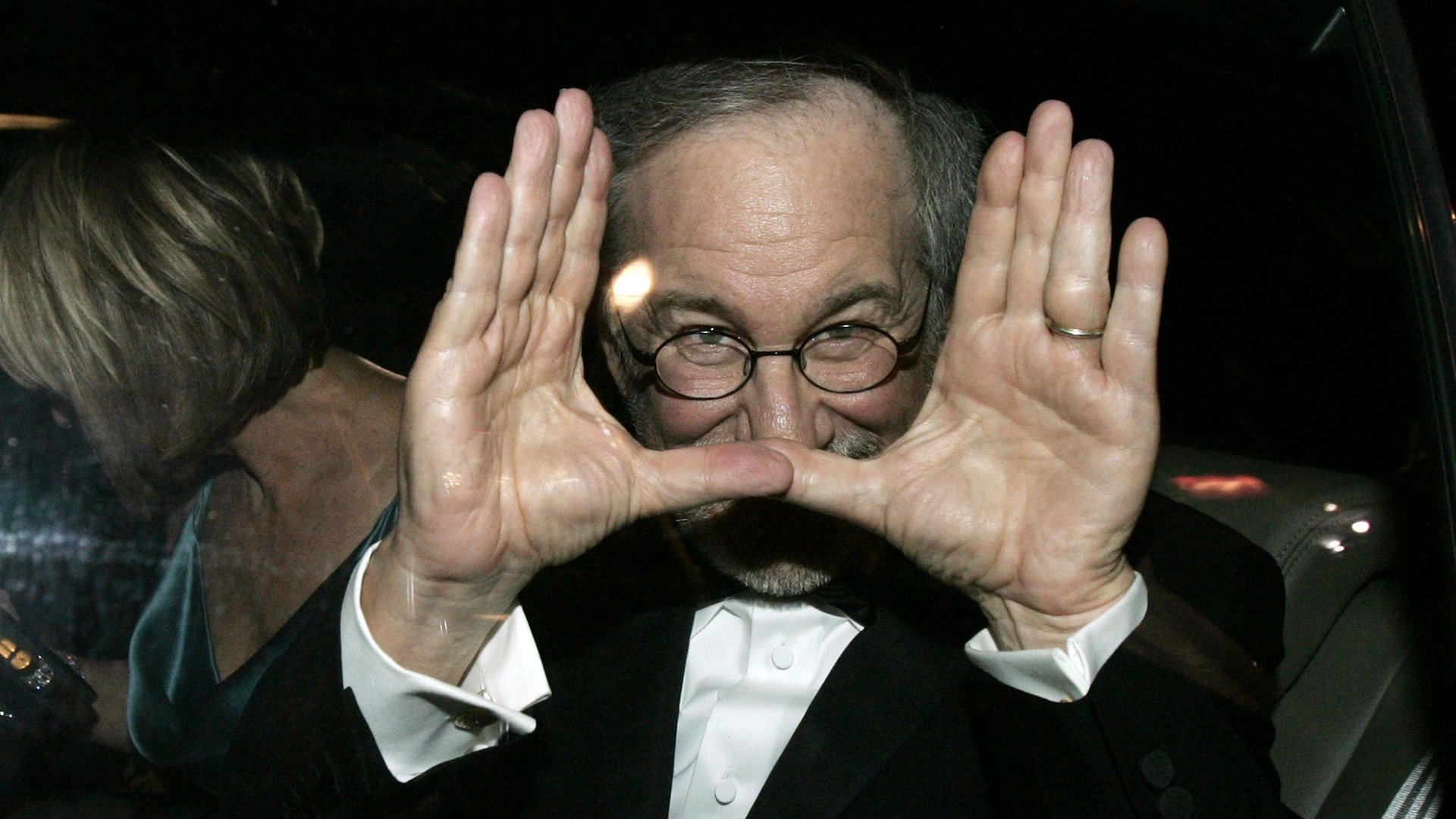Spielberg vs. Cameron: Directors are divided on a same-day streaming service that could disrupt Hollywood
A new at-home streaming movie service proposal has turned Hollywood into a battleground, with some of the industry’s most influential filmmakers facing off over the future of cinema.


A new at-home streaming movie service proposal has turned Hollywood into a battleground, with some of the industry’s most influential filmmakers facing off over the future of cinema.
The proposed service, called Screening Room, would include a $150 set-top box that streams brand-new movies in your home (with anti-piracy technology) the same day they’re released in theaters, Variety reported. Each movie would cost $50 and be available to watch for 48 hours. Sean Parker—the Napster cofounder and first president of Facebook—is a major investor in the project.
To get movie theaters to embrace the proposal, Screening Room would cut them in on a substantial percentage of the revenue. In addition, customers would get two free movie tickets to a theater of their choice every time they bought a movie through the service. Variety reports that the film distributors would receive a cut of the revenue as well.
Several heavyweight directors have weighed in over the last week. Screening Room’s supporters include Steven Spielberg, J.J. Abrams, Peter Jackson, and Ron Howard.
Those against the proposal include James Cameron, producer Jon Landau, and Christopher Nolan.
“Both Jim [Cameron] and I remain committed to the sanctity of the in-theater experience,” Landau told Deadline. “For us, from both a creative and financial standpoint, it is essential for movies to be offered exclusively in theaters for their initial release…We don’t understand why the industry would want to provide audiences an incentive to skip the best form to experience the art that we work so hard to create.”
Nolan, a purist who has fought hard to protect film (over digital) and the theater experience, said in a statement, “It would be hard to express the great importance of exclusive theatrical presentation to our industry more compellingly than Jon Landau and James Cameron did.”
These battle lines may ultimately prove to be moot if the theaters refuse to embrace a new model.
Major movie releases are typically shown in theaters for about 90 days before they’re allowed to stream on-demand or in other digital formats. The window of exclusivity has long been an inviolable institution for movie theaters—it’s the reason some filmmakers have been reluctant to let Netflix distribute their movies, and why many theater chains have boycotted Netflix releases. Amazon recently pledged its commitment to this 90-day rule.
Unsurprisingly, many theater chains are not happy about another attempt to eliminate their period of exclusivity. The Art House Convergence, a group of 600 independent theaters, rejected the proposal, arguing that it would not be able to prevent privacy and would harm the overall profitability of film releases. The National Association of Theatre Owners (NATO) said in a statement that the theaters will decide for themselves what business models work for them, and that they, together with distributors, should be the ones to develop new release models—not a third-party such as Screening Room (pdf).
Not all theaters are against the idea, though. AMC—which would become the largest chain in the US if its merger with Carmike Cinemas is approved by regulators—is reportedly onboard with Screening Room. And some major movie studios, like Universal, Fox, and Sony, appear to be interested.
Fifty dollars is a lot of money for a single movie, but it makes sense if you pack your living room with as many friends as possible and split the price (and it could be excellent for families with young children).
Whether or not Screening Room becomes a reality, it’s clear that the way we watch movies has fundamentally changed. People now want to watch on their own terms—when, where, and how they choose. Theaters have every right to protect their business, but they’ll need to find other ways to coax people out of their homes and into the cinema.